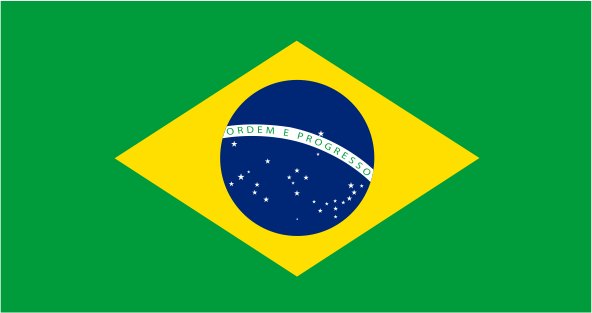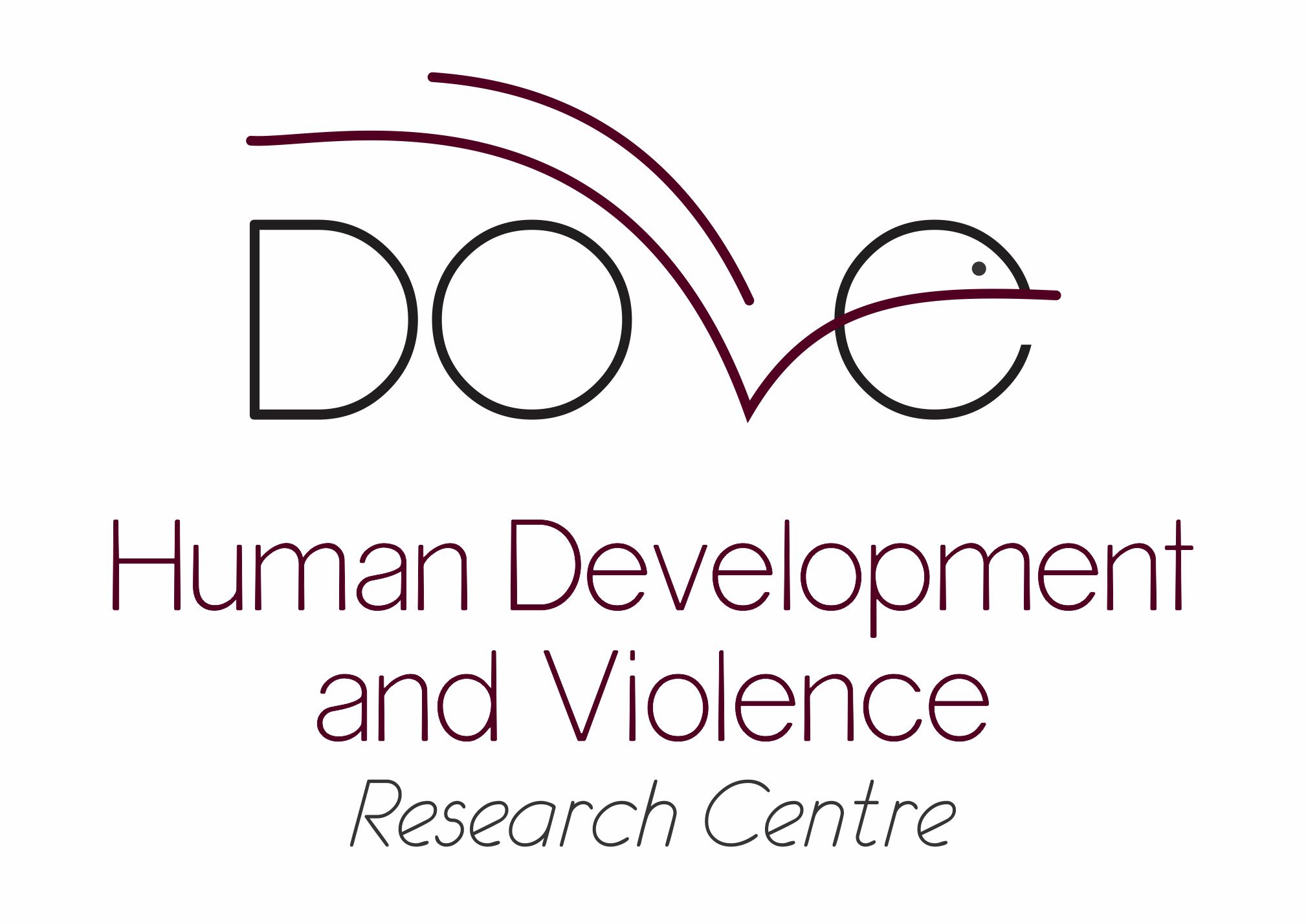DOVE Director Ranked Among Top 2% of Scientists Worldwide

DOVE Director Ranked Among Top 2% of Scientists Worldwide
DOVE Director Professor Joseph Murray is among the most influential scientists worldwide, according to a ranking drawn up by researchers at Stanford University (USA) in partnership with Elsevier, a world-leading academic publisher of scientific and technical journals. Murray was listed in the world’s top 2% of researchers who contributed most to the development and advance of science in their research areas, based on the 2022 updated ranking edition.
The study analysed peer-reviewed academic papers of over 200,000 top scientists that were selected from all Scopus database author profiles. The scientists were classified into 22 scientific fields and 174 sub-fields, and then were ranked based on data analysis of standardized information on citations: citations, h-index, co-authorship adjusted hm-index, citations to papers in different authorship positions, and on a composite indicator that focuses on impact (citations), rather than productivity (number of publications), including career-long and single year impact.
Some of Professor Murray’s most cited contributions examined the long-term effects of parental incarceration on children. In a classic English study, following the lives of 411 boys from South London for over 40 years, his research was one of the first to show the long-lasting difficulties children of prisoners face through their life course, in terms of mental health and also their own antisocial behaviour and crime. Based on this first study, comparative research across Europe and the USA showed the variation in the effects of parental incarceration on children, with evidence that children experience fewer problems following parental incarceration in less punitive countries. Professor Murray has conducted large systematic reviews on this and other topics, including work that has contributed to the highly influential Global Burden of Disease study. Other highly cited work by Professor Murray investigates the determinants of violence across low-and-middle-income countries, with key new findings based on studies in Pelotas, Brazil, where he now runs the Human Development and Violence Research Centre (DOVE), investigating the causes, determinants and prevention of violence in four of the largest longitudinal studies in the Global South.
The relevance of those selected by the Stanford ranking relies upon the consistency with which they are referenced by other authors. Being on the list means belonging to the group of 2% of researchers who hold the highest citation averages in the period of analysis. In practice, this is an indication that the studies conducted by these scientists are reference marks for other scholars and a starting point for the advancement of knowledge.
Check out the article September 2022 data-update for Updated science-wide author databases of standardized citation indicators at: https://elsevier.


